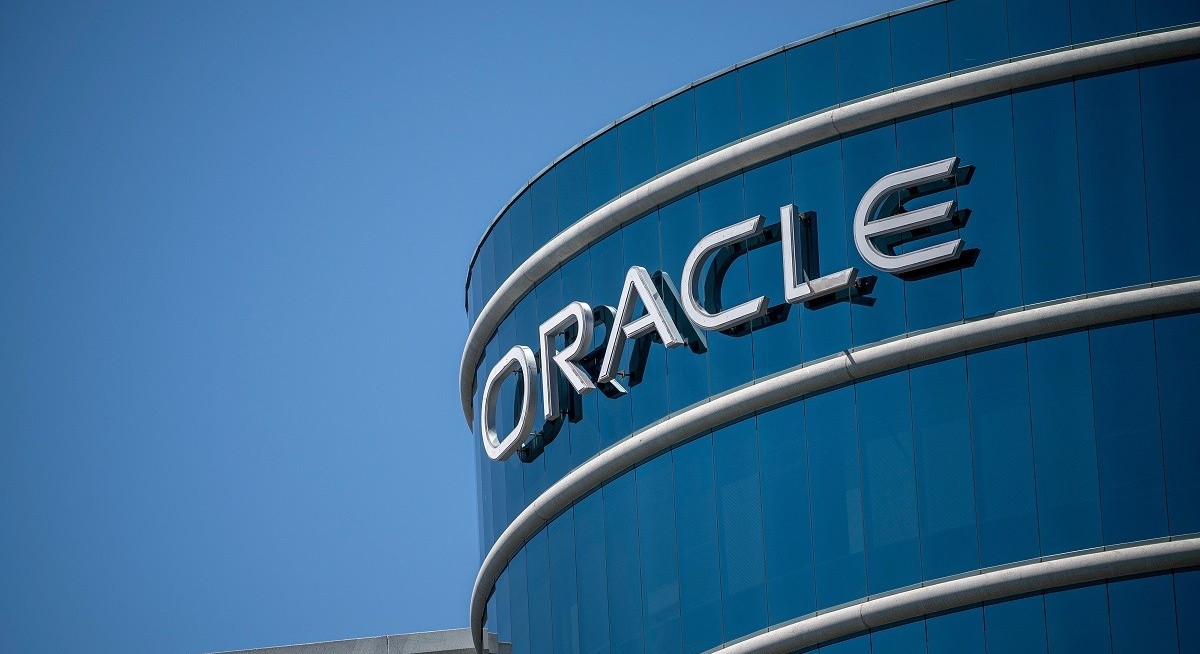The event comes just as concerns are building that Oracle is sacrificing profitability for growth from renting computing power to AI companies like OpenAI. Last week, the Information reported Oracle’s cloud margins are lower than many on Wall Street are modelling, sending Oracle shares down as much as 7.1% on Tuesday. Even though the stock quickly recovered the losses, there are lingering questions about the economics of the business, which Oracle has forecast will see revenue jump 700% in the next three fiscal years.
“There are absolutely investors who are concerned about margins, or concerned its targets are very aggressive,” said Mark Martiak, senior partner and financial adviser at Prudential Advisors, whose parent company has about $1.5 trillion in assets under management. “This is an opportunity for Oracle to ease concerns, since a lot of sceptics see the valuation as stretched, especially if a mega-deal like the one it has with OpenAI doesn’t deliver sustained revenue.”
Oracle's Big Year | Wall Street is looking ahead to Oracle's AI World event
See also: Microsoft’s new programme targets faster AI rollouts in Singapore
Tuesday will feature a keynote address from recently named co-CEO Mike Sicilia, as well as one from founder and chief technology officer, Larry Ellison, whose stake in Oracle briefly made him the world’s richest person last month. On Thursday, an investor day is expected to bring updated financial targets.
Hopes are high among many on Wall Street. The conference will be “a major catalyst where the company will clarify many of these debates,” Mizuho Securities analyst Siti Panigrahi wrote in a note last week, referring to questions over margins. Bernstein’s Mark Moerdler expects “additional details which should help put some of these issues to bed.”
Heavy demand for cloud computing has boosted Oracle’s overall sales, but the big investments required to support it have weighed on profitability. Oracle’s revenue growth is projected to jump to 17% in its current fiscal year, from 8% the year before, according to the average of analyst estimates compiled by Bloomberg. However, gross margin, which excludes operating expenses, is expected to fall more than 2 percentage points to 68.4%. As recently as fiscal 2021, Oracle’s gross margin was above 80%.
See also: AI race: Alphabet, Amazon, Meta and Microsoft set for US$650 bil capex this year
Oracle’s rapid growth has firmly established the company as a key AI winner. It inked a cloud-computing deal with OpenAI in September said to be worth US$300 billion over five years and a blowout earnings report sent the stock up 36% on Sept. 10.
But its soaring stock price has also made it the subject of bubble talk with its valuation hitting levels not seen since the dot-com era more than two decades ago.
At nearly 41 times profit projected over the next 12 months, Oracle’s multiple is more than twice its 10-year average and well above that of the Magnificent Seven stocks with the exception of Tesla Inc, according to data compiled by Bloomberg.
Beyond margins, there are concerns about the spending required to expand Oracle’s cloud computing capacity. Oracle’s capital expenditures are expected to hit US$35.4 billion in fiscal 2026, which ends in May, up 67% from the prior year. As a result, free cash flow is expected to be negative US$9.8 billion this year after falling into the red last year for the first time since 1990.
Oracle's Spending Takes Toll | Free cash flow is expected to be deeply negative this year
Of course, AI bulls have plenty of reasons to be optimistic the AI narrative remains intact: Microsoft Corp’s cloud business is struggling to meet strong demand, Dell Technologies Inc boosted its revenue and profit growth forecasts for the next four years on AI expectations, and Taiwan Semiconductor Manufacturing Co’s September sales were robust.
Still, the interconnectedness of the major AI players could mean any hint of weakness or excessive sentiment at one could weigh on the group, according to Gene Munster, co-founder and managing partner at Deepwater Asset Management.
“If one starts to falter, they all will, and the whole trade could break down,” said Munster, who spent more than two decades as an analyst covering companies like Apple Inc. “Oracle has only recently become part of the AI conversation, but until we get to earnings season, this event is what we have to consider whether we’re still at the beginning of the AI trade, or at the beginning of the end.”




